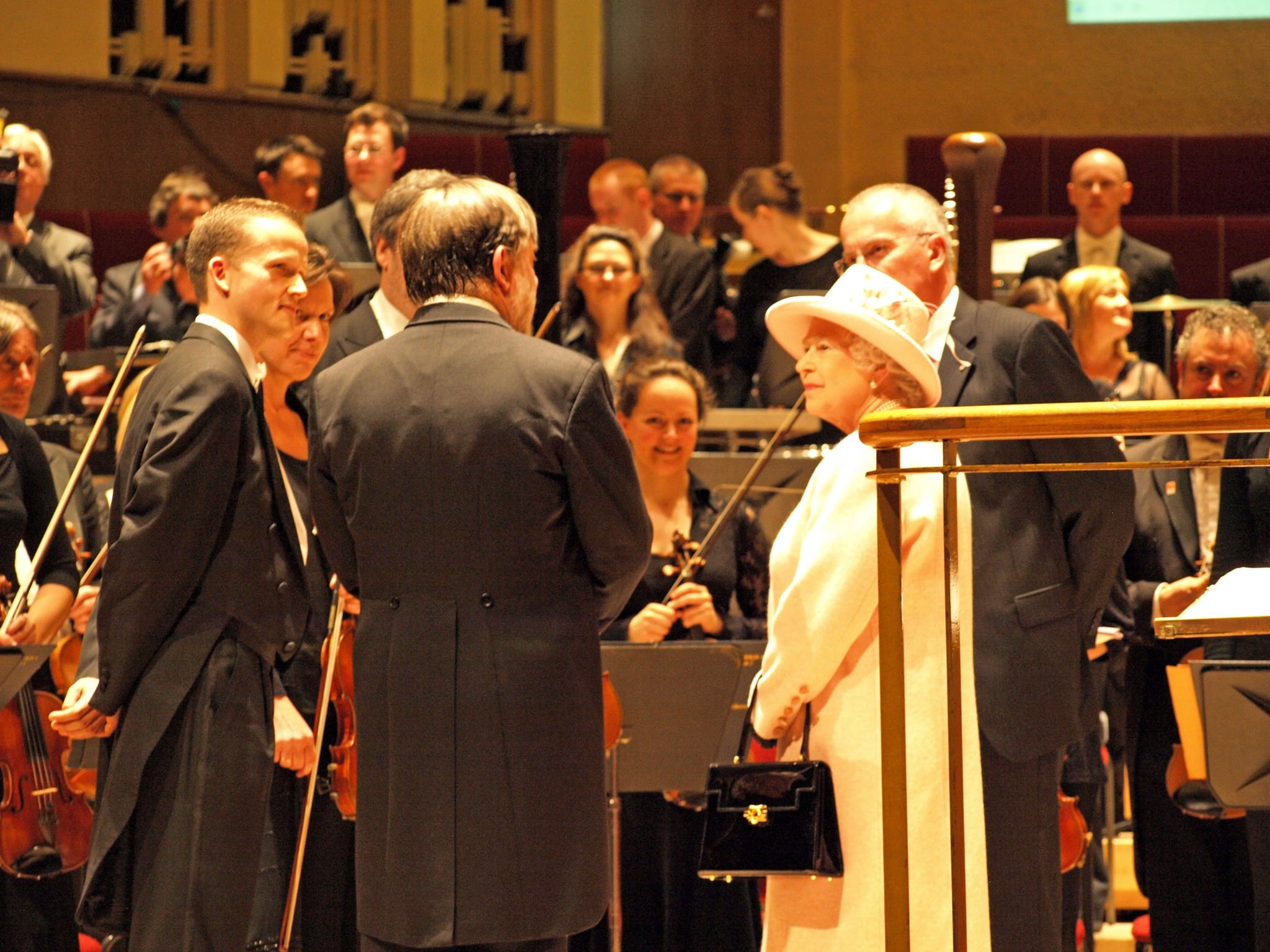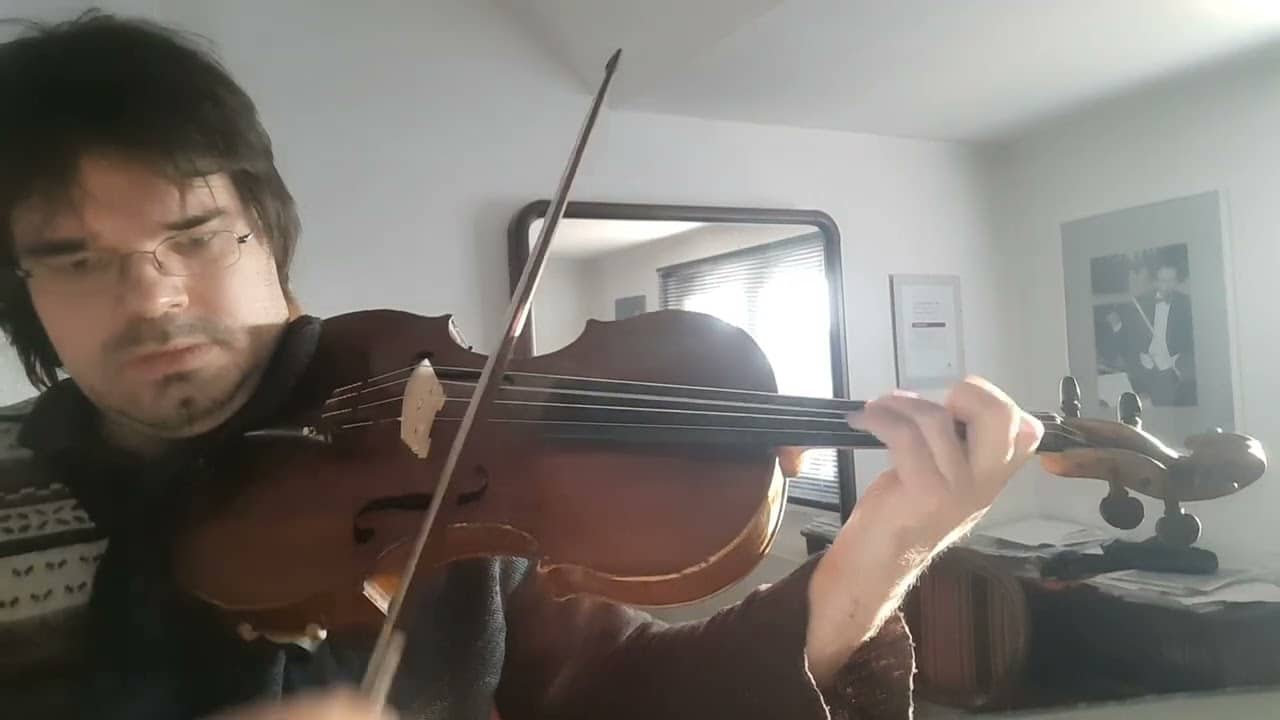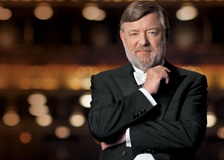Composer attacks Scotland’s ‘vile, parochial’ arts attitude
mainJames MacMillan in the Spectator:
There is a vile, parochial, kleinstadtisch perspective from some of our cultural commentators which outwardly eschews elitism, but is profoundly motivated by an ideology of resentment and grievance. When portraits were rehung in the Scottish National Portrait Gallery, the Scottish government-supporting journalist Lesley Riddoch threw a tantrum in the pages of the Scotsman. She wanted portraits of Liz Lochhead, James Kelman and Alex Salmond rather than Allan Ramsay and King George III. Old=bad; new=good. English, royalty, bourgeoisie=bad; Scottish, socialist, ‘down-to-earth’=good.
Kevin Williamson is a writer, publisher, far-left activist and vice-convenor of the Scottish Independence Convention. He called for an independent Scotland to conduct a ‘social audit’ of all government officials and public employees to discover their ‘demographic’ and ‘who they speak for’….
Read on here. Riveting stuff.






Lot’s of fun here, I love Scotland. Identity is really important to the Scots, understandable given their history. I lived in Scotland as a very young child, right on the edge of an outer suburb of Edinburgh. Some distance away through the forest there were military barracks where the massed pipe bands used to rehearse. Occasionally I could hear their music drifting in on the breeze. Unforgettably haunting, stirring sound. They have a unique culture and I hope they get to preserve it.
Anyway, back to MacMillan. How’s this for an appraisal of James Joyce (quoted in the article as being from Alan Bissett): ‘lucky enough to write baffling, unreadable prose during a period in which it was the vogue to elevate baffling, unreadable prose’. I’d just like to say that I’ve read Portrait of the Artist etc. and it is a work of genius, one of the most memorable reads of my life. Finnegan’s Wake on the other hand is indecipherable gibberish.
Only thing left is to leave something dangling for the ‘New Music Police’: Imagine if you will a world of literature in which somehow it has been contrived that the only acceptable works are those that conform to the template of Joyce’s last book. It could perhaps be argued that we have something pretty close to that in music right now. Over to you…
You think that Macmillan’s music is indecipherable? You think that no one today is writing challenging literature? Hard though it may be for you to believe, there’s a world beyond your evidently tiny life, Mr. Osborne.
No, I said neither of those things. You need to read more carefully. I made no comment on McMillan’s music except for the later one where I said I liked it. And I’m impressed. It takes great courage to make ill-formed, baseless and insulting remarks when you’re posting under just your first name, well done.
See response to Una below
“Imagine if you will a world of literature in which somehow it has been contrived that the only acceptable works are those that conform to the template of Joyce’s last book. It could perhaps be argued that we have something pretty close to that in music right now.”
Not here in the States we don’t.
Good to hear!
Wonderful comments; very much enjoyed the penetrating irony.
He can bleat all he wants – doesn’t make his music any good.
I actually can’t agree more. Wise-sounding thoughts – but bland scores one after another.
I lived in Scotland as I had a small roles and chorus contract with Scottish Opera. It was dreadful living there with an Irish name and an English accent, and the sectarianism. I resigned after two years and came back to London. MacMillan is a wonderfully generous guy, and a fine composer too, whom I’ve met a few times – an ambassador for all the good in the west of Scotland. It has also got better up there, particularly in Glasgow when they were voted city of culture or whatever it’s called, but see what happens with Independence again!
On your comments regarding James McMillan’s music- full agreement here.
On Twitter this morning a well respected figure in Scotland’s arts described MacMillan’s article as ‘hysteria,’ to which I responded thus: ‘As usual, there’s probably some truth on both sides, but…’
On the personal level (see Una’s comments above), despite my having a Hooray Harry accent and a fairly privileged background, plus tastes that are mostly for ‘high culture’, I’ve found, throughout my 75 years, that the people of Scotland are nearly always friendly and hospitable. Indeed Glasgow, which is several hours south and west of where I live, is the friendliest and most laid-back city I know anywhere.
I gather you don’t go to Old Firm football matches then?
No; but I do understand your point.
However, Scotland is hardly alone in that if you ardently support this or that football team or actively proclaim allegiance to this or that religious faction you may get into a potentially violent argument with those of a different persuasion who are equally ardent.
On the other hand, in Scotland, I have often had intense discussions about political, philosophical, social and artistic (including musical) tastes and opinions with people of many different backgrounds, without rancour, let alone any threat of coming to blows. In my experience this is not so easy in every country.
As for Scottish opera it has had a rather raw deal; but can’t the same be said for the ENO at present? There’s a lot to criticize about the attitudes of many in authority to the arts, especially to those arts that are perceived as being ‘elitist’ (however that might be defined), but this is hardly unique to Scotland.
Just thought I’d chip in with a possible definition of elitism for you. Perhaps it is the notion that certain artworks and artforms are too advanced for all but the highest of intellects to comprehend. Oh hang on no, that’s affectation.
This little black duck understands you perfectly well, and commends.
And just to be clear (I’m getting misunderstood a lot on this site of late) I like your comment, my silly little aside above is not directed at you…
Mr. McMillan starts off and ends his article with an example citing Scottish Opera and soon suggests “Culture and education are being weaponised by political voices.” But has it not always been thus north of the border? Sticking with the Scottish Opera example, the Scottish Arts Council always had a continuing bias against the company even before it started. Indeed its first planned season had to be aborted and the first actual season only took place thanks to a generous gift from its thereafter always enthusiastic patron, Scottish Television (STV).
Successive Scottish Arts Council Committees failed to understand the importance of the company in the overall regeneration of the arts in Scotland, a renaissance that had started earlier with the emergence of major Scottish artists and Giles Havergal’s extraordinary and pioneering work at Glasgow’s Citizens Theatre, for example. Scottish Opera was too big, too international in its standards and ambitions. It quickly outgrew the parochialism of its funding masters and they did not like it. Despite the fact that its Opera for All Company performed almost everywhere, that its then-innovative series of medium scale performances covered smaller cities like Inverness and Oban, that the quality of its full-scale performances provided a catalyst for increasing general standards of performance throughout the country, that without the company it must be doubtful that Glasgow would have been awarded the European city of Culture accolade, and that it was to provide the impetus for the creation of the superb Scottish Chamber Orchestra, Scottish Opera was too big for its boots and not Scottish enough!
I am certain the company itself helped bring on the whole series of problems which were later to emerge. But the emasculation of the company by the Scottish Executive through the abandonment of both chorus and orchestra was an act of punitive vandalism that showed just what the Scottish government really thought about a company of which it should have been proud. Plus ca change!
And that Mr Nick, is a really good comment. I read it twice. And if they performed on the same stage in Inverness that I played with the Canberra Youth Orchestra, then it’s a very pared down production indeed!
“Resentment and grievance”? Welcome to the 21st Century, maestro.